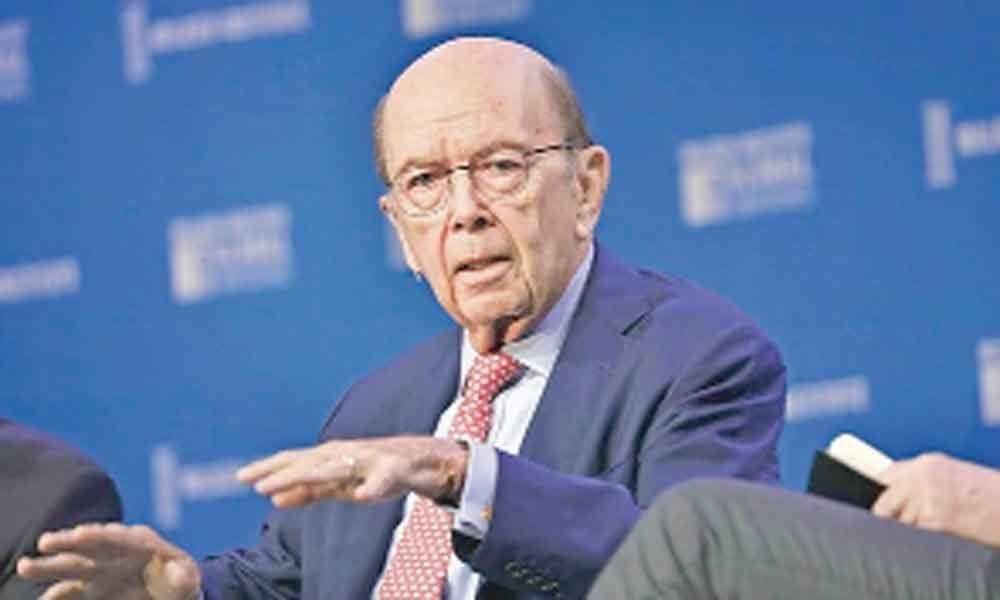US wants India to eliminate trade barriers
 US Commerce Secretary Wilbur Ross
US Commerce Secretary Wilbur RossOur goal is to eliminate barriers to the US companies operating here including data localisation restrictions that actually weaken data security and increase the cost of doing business, says US Commerce Secretary Wilbur Ross
New Delhi: The US wants India to eliminate trade barriers for American firms and remove data localisation restrictions, while expecting that the new government here will address these issues, said visiting US Commerce Secretary Wilbur Ross Tuesday.
"Our goal is to eliminate barriers to the US companies operating here including data localisation restrictions that actually weaken data security and increase the cost of doing business," he said here.
Ross was speaking at the Trade Winds Forum and Trade Mission. He is leading a delegation of over 100 American businesses in India.
"We applaud India's commitment to addressing some of these barriers once the government is reformed probably in the month of June," he said in his speech.
Ross also alleged that India imposes very high import duties on goods like automobiles, motorcycles, agri-products and alcoholic beverages.
"As President Trump has said, trade relationships should be based, and must be based, on fairness and reciprocity. But, currently, US businesses face significant market access barriers in India.
These include both tariff and non-tariff barriers, as well as multiple practices and regulations that disadvantage foreign companies," he said.
He said that India's average applied tariffs rate is 13.8 per cent and remains the "highest" of any major world economy, "the very highest".
Citing examples, he said, there is a 60 per cent tariff on auto, while the US has 2.5 per cent.
India has 50 per cent import duty on motorcycles and 150 per cent on alcoholic beverages, "Just a few extreme examples", he added.
India imposes bound tariff rates -- maximum import duty India can charge under global trade rules of WTO -- on agricultural products at the average of an "incredible" 113.5 per cent and some are as high as 300 per cent, he said, adding that "they are way too high".
However, India's trade experts counter this by saying that India is not a 'tariff king' and it has all the right to take appropriate measures to protect the interest of specific sectors like agriculture.
"We are working diligently with the Indian government and our private sector partners to address market access issues through the US-India commercial dialogue and through the recently re-convened US India-CEO forum," Ross said.
Major obstacles being faced by the US companies include price controls on medical devices and restrictive tariff and inspections on electronics and telecommunications products.
He noted that duties on routers, switches and parts of cellular phones are as high as 20 per cent. In stark contrast, he said, the duty on these products imported by the US from India is zero.
"Zero versus 20 per cent. That's not a justified imbalance. These high tariffs undermine India's goal of improving digital access and literacy," Ross added.
He expects that the new government will look at these matters. "In the World Bank's Ease of Doing Business report, India climbed an impressive 23 spots this year, but it still ranks 77 out of 190 countries.
So, there is lots of room for further improvement," he said. He also mentioned that India is the US' 13th largest export market due to "overly restrictive" market access barriers.
Referring to trade imbalance with India, the commerce secretary said the US accounts for 20 per cent of India's total exports.







